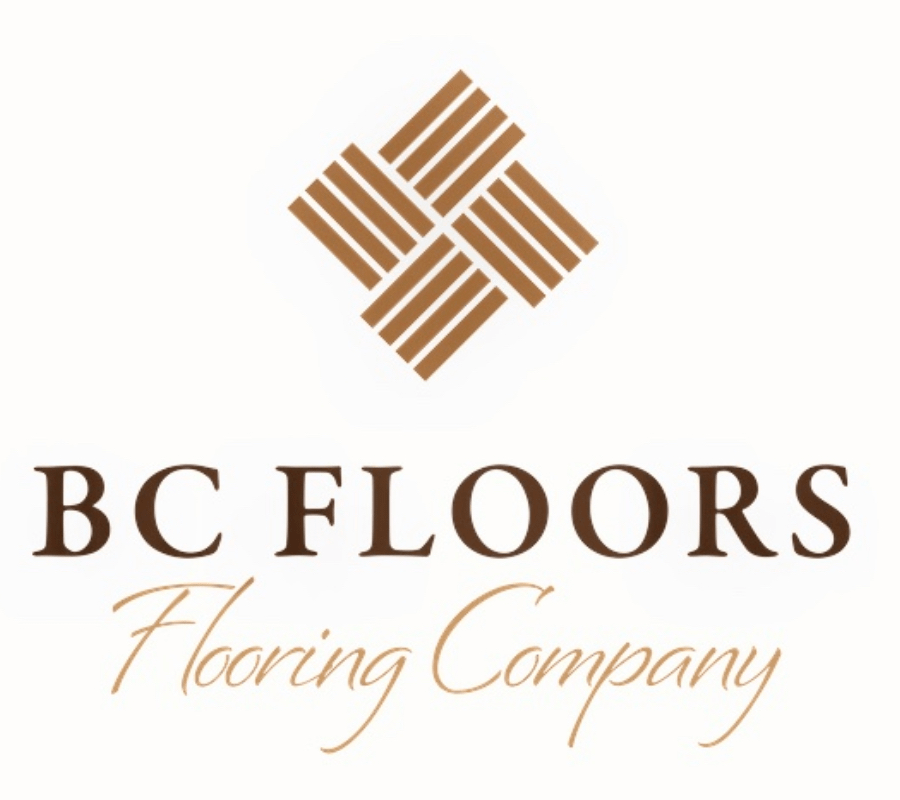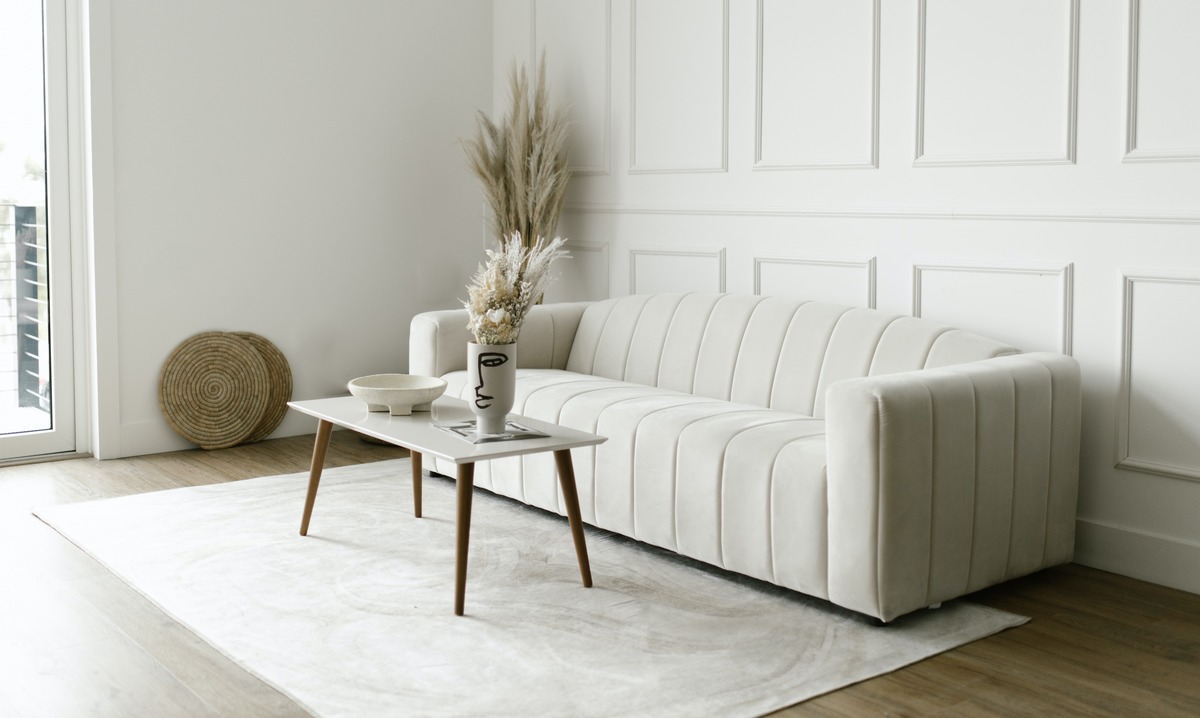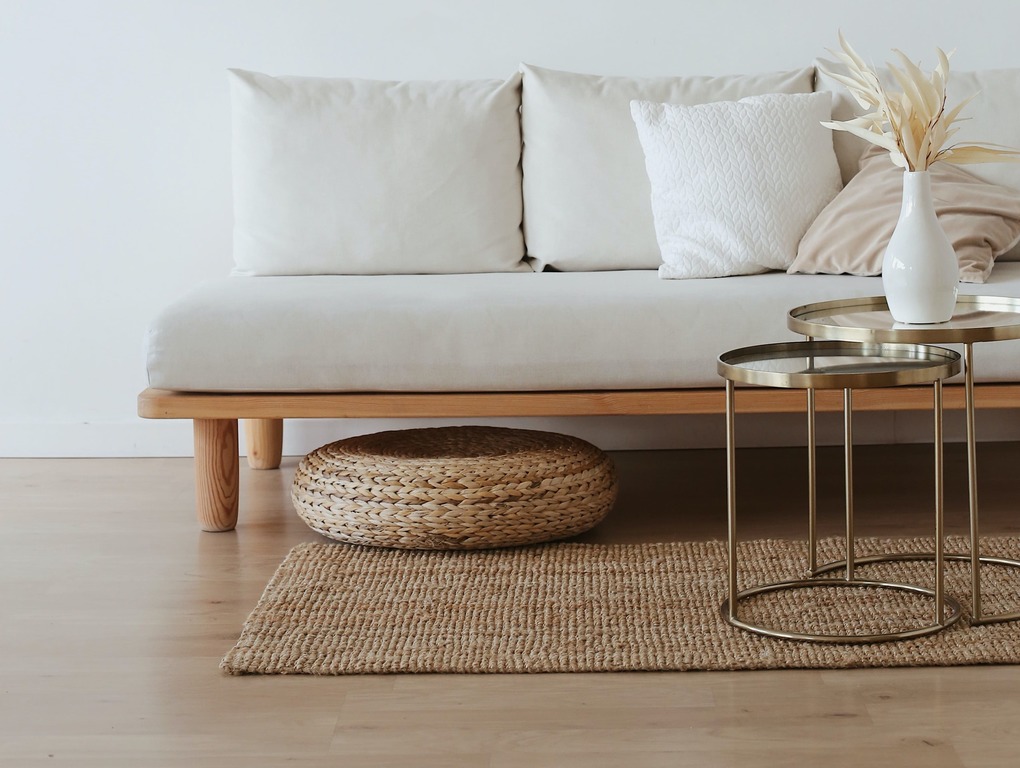The flooring for basement choice is crucial. It affects how the space looks and works. Addressing the unique challenges of basement settings is vital. This guide aims to explore various flooring options. Let’s check the good and bad of each, and some simple tips. The goal is to transform your basement into a comfortable and practical area of your home.
Basements come with certain conditions. These may affect the durability and efficiency of flooring materials. Basements are below ground level. This makes them prone to higher moisture and humidity levels. The average relative humidity (RH) in a basement is around 60-70%. This rate is higher than in other areas of residence. High moisture levels can damage certain flooring materials. They may warp, mould, or rot over time. It’s essential to consider moisture-resistant flooring options. They should withstand the humid conditions of basements.
Temperature Fluctuations:
Temperature variation is common in basements. The temperature can range between 5-20 degrees Celsius, depending on the season. Temperature variances impact the comfort and durability of flooring. Some materials may contract and expand with temperature changes. This could lead to cracks or gaps. Choosing the floor materials that endure temperature fluctuations is crucial. This ensures that neither comfort nor durability suffers.
Types of Basement Flooring
Engineered Wood: A Touch of Elegance in Your Basement
Engineered wood flooring for basement offers a rich, natural wood look. It is more adaptable to basement conditions than solid wood. The cost ranges from $3 to $10 per square foot. This makes it a moderately priced option for a wood finish in the basement.
Basement Engineered Flooring
Engineered wood flooring, particularly suitable for basement spaces, can handle more moisture than traditional hardwood flooring. It features a plywood base that is dimensionally stable, reducing the risk of changes from moisture in basement environments. Enhancing its moisture resistance, you can use moisture-resistant coatings or layers. The cost for these additional measures can range from $0.30 to $0.50 per square foot for basement hardwood flooring.
Subfloor Levelling and Preparation
A level subfloor is fundamental for the proper installation of engineered wood flooring for basement spaces. It can be installed over a plywood subfloor or directly over a concrete slab. The key condition is that it must be smooth and level. The cost for subfloor preparation in basements ranges from $2 to $5 per square foot. This includes levelling and smoothing. Engineered wood is more feasible for basements where ceiling height is a concern. The cost savings from potentially avoiding subfloor installation are significant. They range from $1 to $3 per square foot.
Vinyl: The Fusion of Practicality and Aesthetics
Vinyl flooring embodies practicality with aesthetic appeal. It stands as an exemplary choice for basement flooring. The cost ranges from $2 to $8 per square foot. This includes the material and installation costs. It offers a budget-friendly option.
The quest for moisture-resistant flooring for basement spaces finds a solution in vinyl flooring. Thwarting the threat of warped or cracked flooring in basements is vital. A precise assessment of your basement’s moisture levels is key. Vinyl flooring is a resilient choice for basements. It withstands moisture and offers design choices to satisfy your aesthetic desires. Good vinyl flooring for basements saves money over time. It requires minimal maintenance. The average maintenance costs for this basement flooring are around $1 to $2 per square foot annually.
Basement Vinyl Flooring
Seasonal seepage meets its match in vinyl flooring. In situations where your basement faces high humidity levels, vinyl is a sound choice. It comes in many designs and colours. This caters to a wide range of aesthetic preferences.
Levelling and Preparing for Vinyl flooring installation
The installation of vinyl is straightforward. You can lay vinyl directly on concrete or with a subfloor. Its moisture-resistant attributes make it practical. It’s also visually appealing for your basement. The costs for subfloor preparation, if needed, range from $1 to $3 per square foot. This allows for budget flexibility depending on your basement floor’s existing condition.
Carpet: A Cozy Touch to Your Basement Floor
Carpeting offers a warm and comfortable ambience. It transforms your basement into a cozy retreat. However, it can become damp and mouldy. This makes it less favourable for humid basements. The cost of carpet flooring ranges from $3 to $5 per square foot. This price includes the carpet and installation costs.
Basement Carpet Flooring
Successful carpet installation for basement spaces hinges on effective moisture management. A moisture barrier is a good solution. Alternatively, moisture-resistant carpet padding can be used, specifically designed for flooring for basement areas. These options help mitigate the risks associated with dampness in basements. Installing a moisture barrier costs around $0.50 to $0.70 per square foot for basement flooring. Moisture-resistant carpet padding, suitable for basements, costs around $3 to $6 per square yard. These moisture mitigation strategies for basement flooring are cost-effective.
Levelling and Preparing for Carpet installation
A smooth, level subfloor is essential. It prevents uneven wear and extends the carpet’s lifespan. A well-prepared subfloor aids in moisture management. It increases the overall efficiency of the carpeting. Subfloor levelling and preparation costs range from $1 to $3 per square foot. This ensures a solid and level foundation for your carpet installation.
Ceramic Tile: A Versatile and Water-Resistant Choice
Ceramic tile flooring is known for its water resistance. This makes it suitable for moisture-prone basements. It comes in a variety of designs, colours, and textures. This flexibility aligns well with various aesthetic preferences. The cost typically ranges from $5 to $15 per square foot. This price includes installation, making it a reasonably priced option.
Basement Ceramic Tile Flooring
Ceramic tiles, suitable for flooring for basement areas, have a protective glaze that effectively repels water and stains. They are an excellent choice for basements with moisture issues. However, grout lines in basement settings are capable of absorbing moisture and may require sealing for complete water resistance. Sealing grout lines for basement flooring costs around $1 to $3 per square foot. This is a wise investment to enhance the water resistance of the flooring in basements.
Levelling and Preparing for Ceramic Tile installation
A level subfloor is essential for proper ceramic tile installation. It helps prevent cracking. Preparation may include smoothing the concrete base. Installing a subfloor may be necessary to ensure a level surface. Subfloor levelling and preparation cost ranges from $3 to $7 per square foot. This ensures a sturdy base for the ceramic tiles. It contributes to the longevity and appearance of the flooring.
Comparative Analysis
Let’s compare these flooring options based on crucial factors to help you make an informed decision.
Durability
Evaluate the longevity and resilience of each flooring type to ensure it can withstand the conditions of your basement.
- Engineered Wood: 20 to 30 years
- Vinyl: 10 to 20 years
- Carpet: 5 to 15 years
- Ceramic Tile: 75 to 100 years
Cost
Compare the initial investment and long-term value of different flooring materials.
- Engineered Wood: $3 to $10 per square foot
- Vinyl: $2 to $8 per square foot
- Carpet: $3 to $5 per square foot
- Ceramic Tile: $5 to $15 per square foot
Installation Ease
Consider the complexity of installation, as some flooring types may require professional installation.
- Engineered Wood: Moderate (DIY possible with experience)
- Vinyl: Low to Moderate (DIY-friendly)
- Carpet: Moderate (professional installation may be preferred)
- Ceramic Tile: High (professional installation recommended)
Aesthetic Appeal
Examine how each flooring option aligns with the aesthetic and ambience of your basement.
- Engineered Wood: Natural/Classic
- Vinyl: Versatile (Various designs and textures)
- Carpet: Warm/Cozy
- Ceramic Tile: Versatile (Various designs and colours)
Based on our analysis, we recommend considering vinyl or ceramic tile flooring for their moisture resistance and range of design options.
Maintenance Tips
Regular maintenance can extend the lifespan of your basement flooring. Follow manufacturer guidelines for cleaning and care to keep your flooring looking new. Annual maintenance costs can range from $0.50 to $2.50 per square foot, depending on the flooring type.
Final Thoughts
In the end, picking the right basement flooring is important. Basements present unique challenges. By comparing different flooring types, you can make a wise decision. This ensures your basement is functional and looks good.
Drawing from our vast 25-year+ flooring expertise, we vehemently advocate for heavy-duty vinyl planks flooring or vinyl tile for your basement flooring endeavour. This investment stands the test of time. In addition, installing vinyl plank flooring is effortless. Installation costs range from $1 to $3 per square foot.
FAQs
1. What is the most durable flooring for a basement?
Concrete, vinyl, and ceramic tile are typically the most durable flooring options for basements.
2. How do I protect my basement floor from moisture?
Using moisture barriers or opting for moisture-resistant flooring materials can help protect your basement floor from moisture.
3. Can I install hardwood flooring in my basement?
For basements, it’s better to choose engineered wood. Solid hardwood is more vulnerable to moisture.


